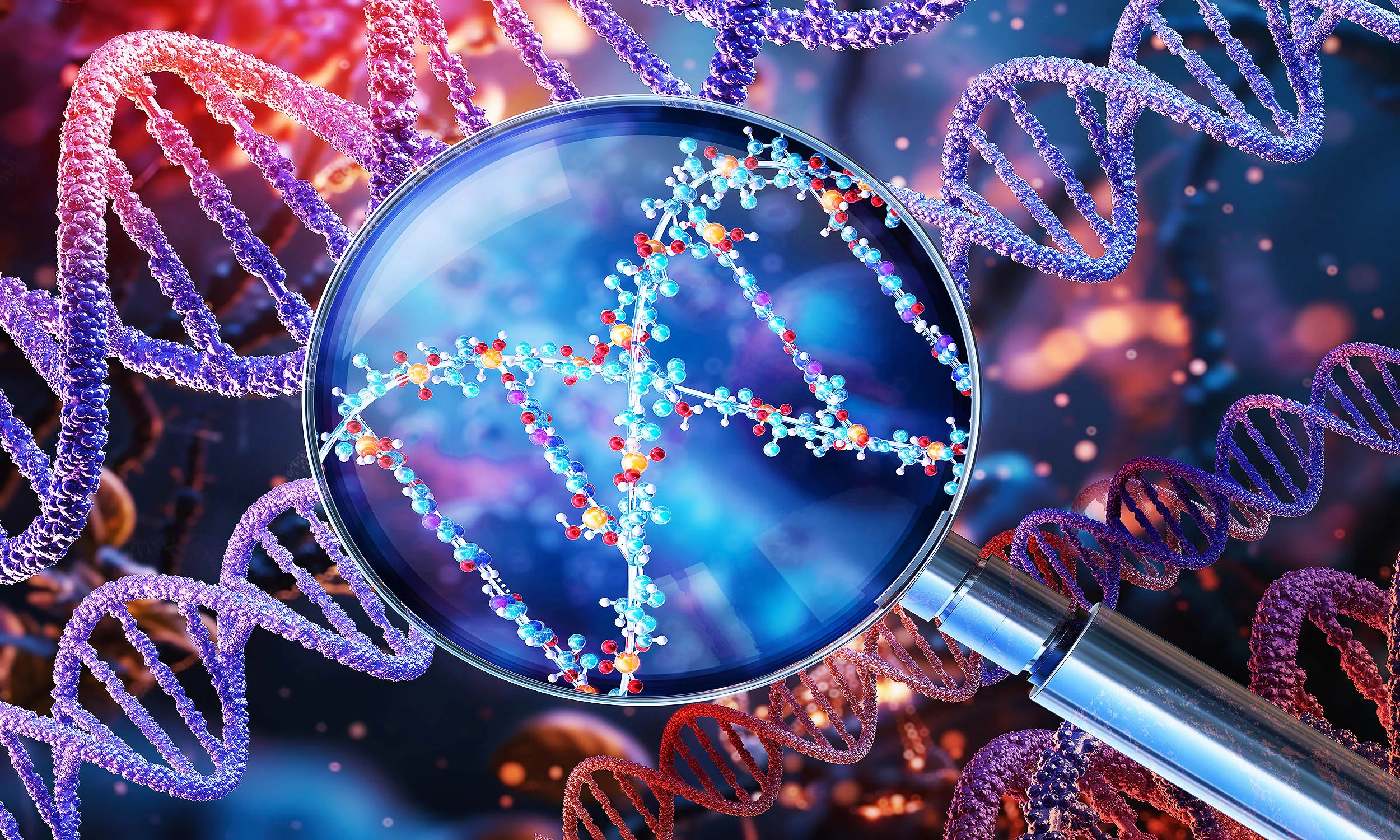Genes and Genetic History Influence Evolution, Says New Research
Groundbreaking research is challenging long-held assumptions about evolution, hinting at a degree of predictability rooted in our genes and ancestral genetic pathways. This emerging perspective suggests that evolution might not be as random as previously believed.
The Genetic Blueprint and Evolutionary Paths
The study highlights the significant role genes and an organism’s genetic past play in charting its evolutionary course. It indicates that certain genetic predispositions can make specific evolutionary outcomes more likely.
Key Findings:
- Evolution may follow predictable pathways due to genetic influences.
- An organism’s genetic history can constrain or guide future evolutionary changes.
- The randomness of evolution might be tempered by underlying genetic factors.
Implications for Understanding Life
These findings have major implications for how we understand the evolution of life on Earth. By recognizing the role of genes and genetic history, we can gain a deeper insight into the mechanisms that shape the diversity of species.
Potential Applications:
- Improved disease modeling and prediction.
- Advances in personalized medicine based on genetic predispositions.
- A more comprehensive understanding of the tree of life.
Final Words
The new research offers a compelling argument for re-evaluating the role of genetics in evolution. While random mutations still play a vital role, the influence of genes and genetic history adds a layer of predictability that could revolutionize our understanding of how life evolves.




+ There are no comments
Add yours